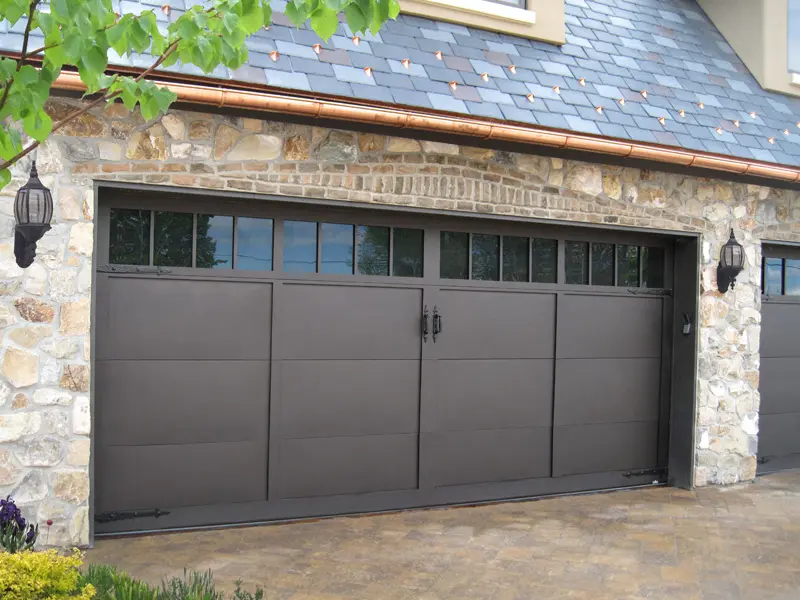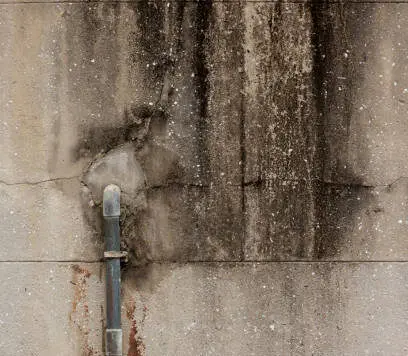Garage doors aren’t supposed to be silent, but they shouldn’t sound like a train going off the rails either. If your garage door makes loud, grinding, banging, or squeaking noises when it opens or closes, it’s a sign that something isn’t working quite right.
These sounds may start small but can quickly turn into serious problems. In this article, we’ll explore what causes noisy garage doors and how to fix them before they get worse.
Common Causes of Loud Garage Door Noises
1. Lack of Lubrication
Dry metal parts rubbing against each other are one of the most common causes of garage door noise. Rollers, hinges, tracks, and springs all need lubrication to function quietly. A silicone-based spray can work wonders.
2. Worn Rollers or Hinges
As rollers or hinges age, they may crack, rust, or lose shape. When this happens, they don’t glide smoothly — they grind, click, or bang. Replacing worn parts can restore quiet operation.
3. Loose Hardware
Vibration from regular use can loosen nuts, bolts, and screws throughout the system. This can cause rattling or banging as the door moves. A basic tightening of all visible hardware may solve the issue.
4. Unbalanced Door
If one side of your door is carrying more weight than the other, the system will strain during operation, causing loud noises and potential long-term damage. An unbalanced door may also move unevenly or get stuck.
Don’t Ignore the Sound of Loud Garage Door Noises
Strange noises are often early warnings of bigger problems. Ignoring them can lead to complete mechanical failure, costly repairs, or safety risks. If your garage door sounds worse than it used to, don’t wait — address the issue before it becomes an emergency.
Dealing with Local Conditions
If you’re experiencing noise problems that seem worse in specific weather or seasons, it might be due to local environmental factors. For homeowners dealing with this in Victoria, garage door repair Melbourne are often tailored to handle temperature fluctuations, humidity, and coastal air — all of which can affect how garage doors perform.
Garage Door Replacement
If your door continues to make noise after lubrication and part replacement, or if it’s over 15 years old, garage door replacement may be the most practical solution. New doors are built with quieter motors, insulated panels, and modern hardware — offering better performance and a more peaceful home environment.
Preventive Maintenance Tips
- Lubricate moving parts every 6 months
- Tighten all visible screws and bolts
- Clean tracks from dirt and debris
- Inspect for rust or worn-out rollers
- Test the door balance and safety sensors
Regular care can prevent noise issues before they start.
Conclusion
A loud garage door isn’t just annoying—it’s usually trying to tell you something. Whether it’s loose hardware, worn parts, or a lack of lubrication, identifying and fixing the problem early can save you from bigger headaches later. If you’re unsure or the noise continues, don’t hesitate to call a professional.
Sometimes, it’s a simple fix. Other times, it might be time to consider a new door that offers smoother, quieter, and more reliable performance.
FAQs – Noisy Garage Doors
It could be due to worn rollers or lack of lubrication on the tracks.
Yes, in many cases. Lubricating parts and tightening bolts are simple tasks. However, spring or track problems should be handled by a pro.
Yes. Noise can be a sign of mechanical stress or worn parts that may fail unexpectedly.
Minor fixes like lubrication or tightening may cost little to nothing. Replacing parts can range from $100 to $400 depending on the issue.
If your door is old and noisy despite repairs, replacing it with a modern, quiet model could be a smart investment.



